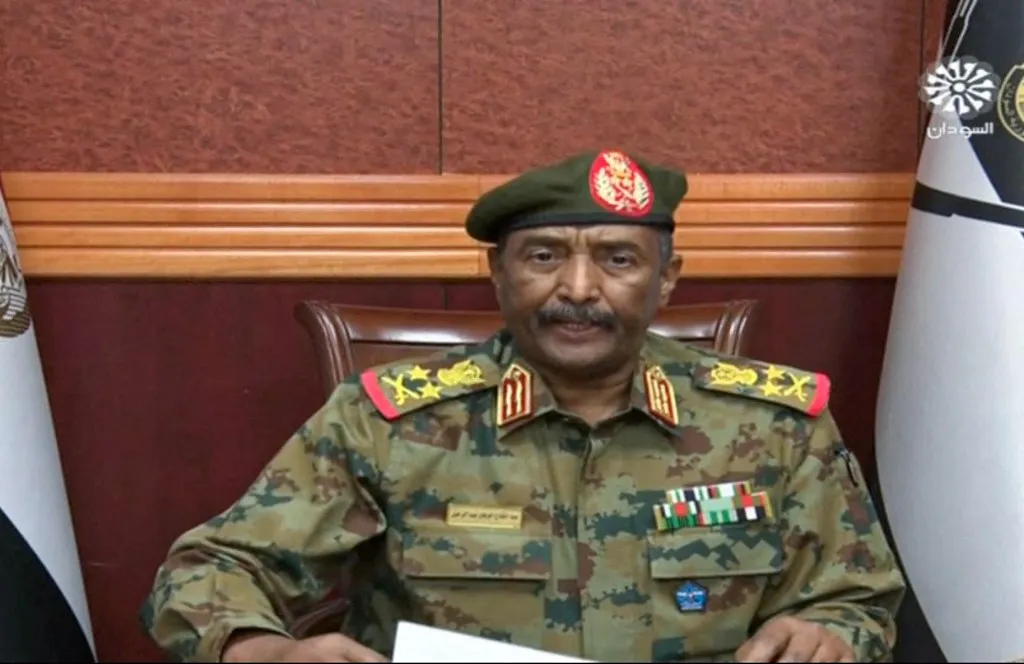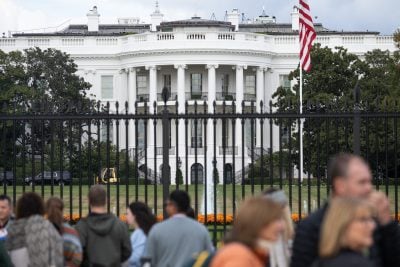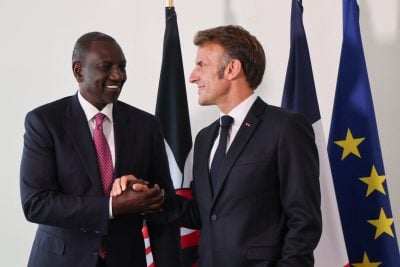The World Bank has paused its economic support to Sudan and “stopped processing any new operations” in the country, David Malpass, the Bank’s President announced on 27 October.
The move came as military officers seized control of the government on 25 October, arresting key government officials and dissolving the government.
The latest events could derail hard-won economic gains as painful reforms and multilateral loans bring the country back into the global financial system after decades of isolation under former dictator Omar al-Bashir.
In June, the country concluded a 12 month IMF programme with a decision by the fund to provide comprehensive debt relief to the country that will be vital in returning stability to the country at a crucial moment in its democratic transition, experts say.

“I am greatly concerned by recent events and their negative impact on the country’s social and economic development,” Malpass said.
“Sudan was embarking on an ambitious package of economic reforms, which paved the way for the country’s arrears clearance as it became eligible for debt relief under the HIPC initiative.”
At a Paris summit in May, Sudan cleared the final hurdle to securing much-needed relief through the IMF-World Bank Highly Indebted Poor Countries (HIPC) initiative, as IMF member countries pledged $1.4bn bridge loans to clear Khartoum’s arrears to the fund.
The US also froze $700m in emergency assistance on 25 October as news of the military takeover broke.
The economic support, earmarked last year to aid Sudan’s democratic transition, would be put on hold, State Department spokesperson Ned Price told reporters. None of the funding has so far been released to the government of Sudan.
The aid cuts, which include $2bn earmarked for Sudan’s recovery from the World Bank, are “painful,” says Patrick Heinisch, an economic researcher at German-based commercial bank Helaba.
“Grants were expected to provide almost one-third of revenue in 2021/2022. Can Gulf allies compensate the shortfall? [It] would be ironic. They were not among the top transition financiers so far.”
At a foreign donor conference in Berlin in June, nations pledged $1.8bn to rebuild the Sudan’s economy. The biggest benefactors were the European Union, who pledged pledged $350.13m, and the US $356.2m. Saudi Arabia promised $10m and the United Arab Emirates $50m.
Sudan’s coup leader. General Abdel Fatah al-Burhan met with Saudi Arabia’s ambassador to Khartoum, Ali Bin Hasan Jaafar, in the capital on Wednesday for crisis talks, the country’s armed forces Facebook page said.
The latest coup derails efforts by Sudan’s military-civilian coalition government to turn the economy around after decades of isolation from global markets.
The country’s removal from the US state sponsors of terrorism list in December set in motion the country’s reintegration into the global economy after the ousting of then- president Bashir in a 2019 popular uprising. But the country is still contending with $60bn in foreign debt.
Ex-prime minister returns home
Meanwhile, the country’s deposed prime minister Abdalla Hamdok and his wife were released by military officials following their detention on 25 October, a statement from Hamdok’s office said.
They remain under “heavy security” at their home in Khartoum, while other government officials arrested on the day of the coup remain in custody, it said.
Sudan’s ambassadors to the US, EU, China, Qatar, France and the head of mission to Geneva were also dismissed from their posts, Sudan TV reported on 27 October, according to Reuters.
The African Union (AU) suspended Sudan from the political bloc over the “unconstitutional” seizure of power on 27 October, and said membership would only be restored once the civilian-led transitional government was restored, the grouping tweeted.
As the chorus of international condemnation against the coup grew louder, clashes continued to rock the capital on Wednesday as protesters rallied against the coup. Security forces reportedly made sweeping arrests of demonstrators who kept up demonstrations in cities across the country.
Want to continue reading? Subscribe today.
You've read all your free articles for this month! Subscribe now to enjoy full access to our content.
Digital Monthly
£8.00 / month
Receive full unlimited access to our articles, opinions, podcasts and more.
Digital Yearly
£70.00 / year
Our best value offer - save £26 and gain access to all of our digital content for an entire year!
 Sign in with Google
Sign in with Google 



